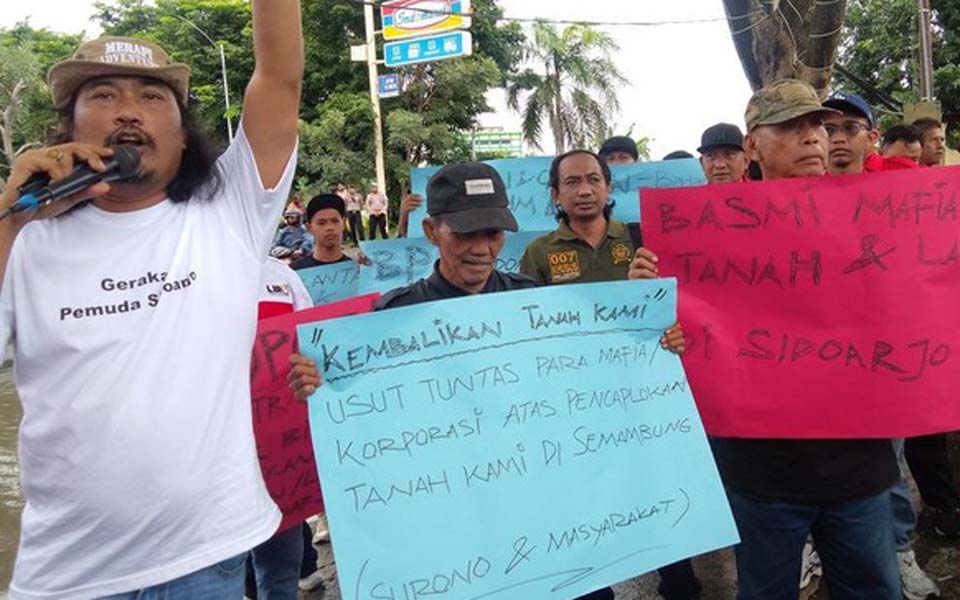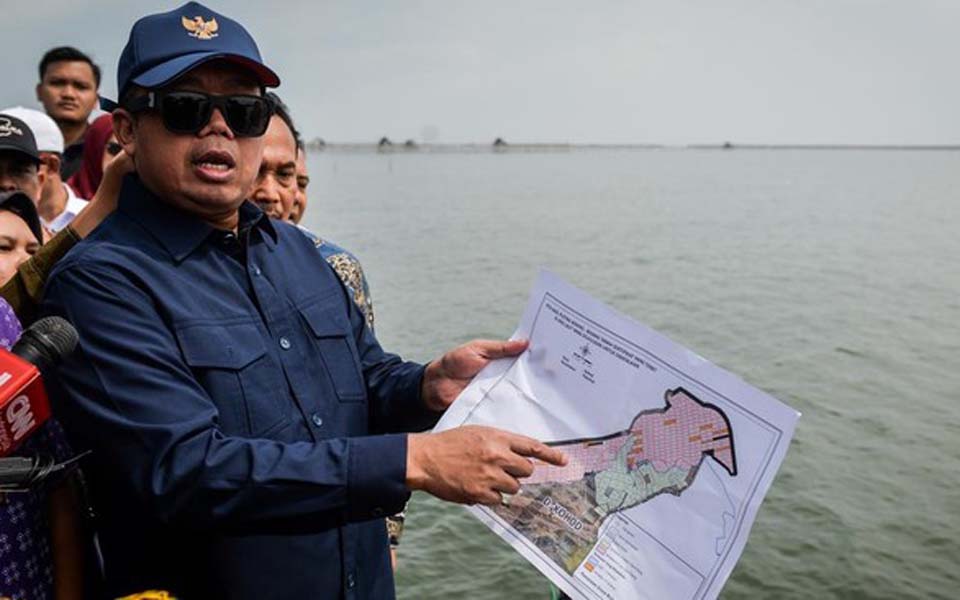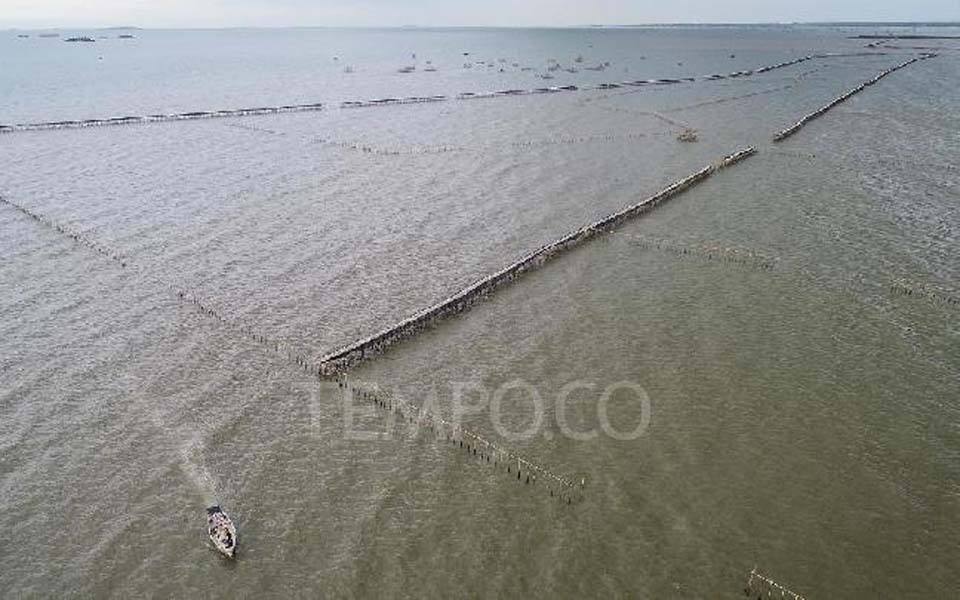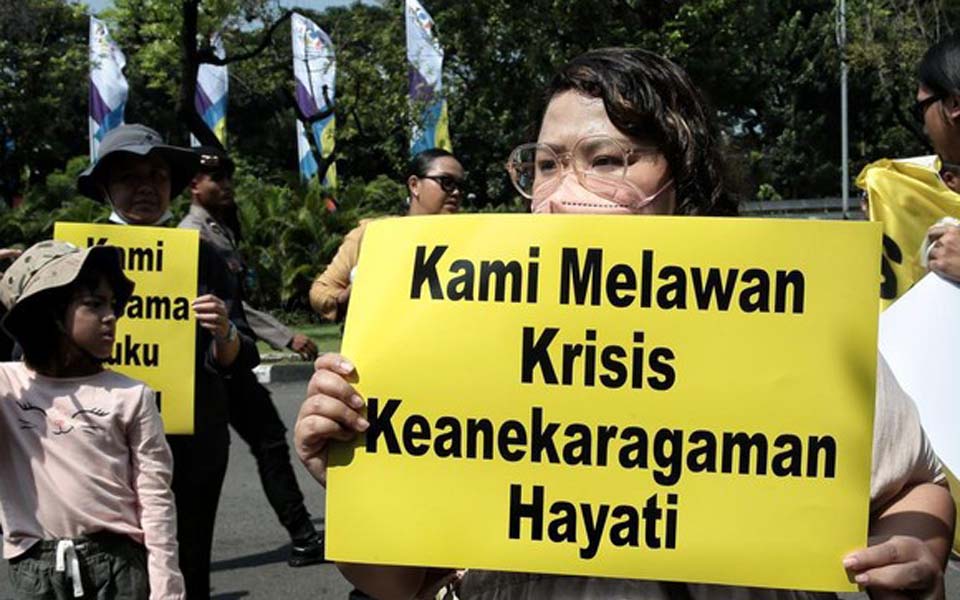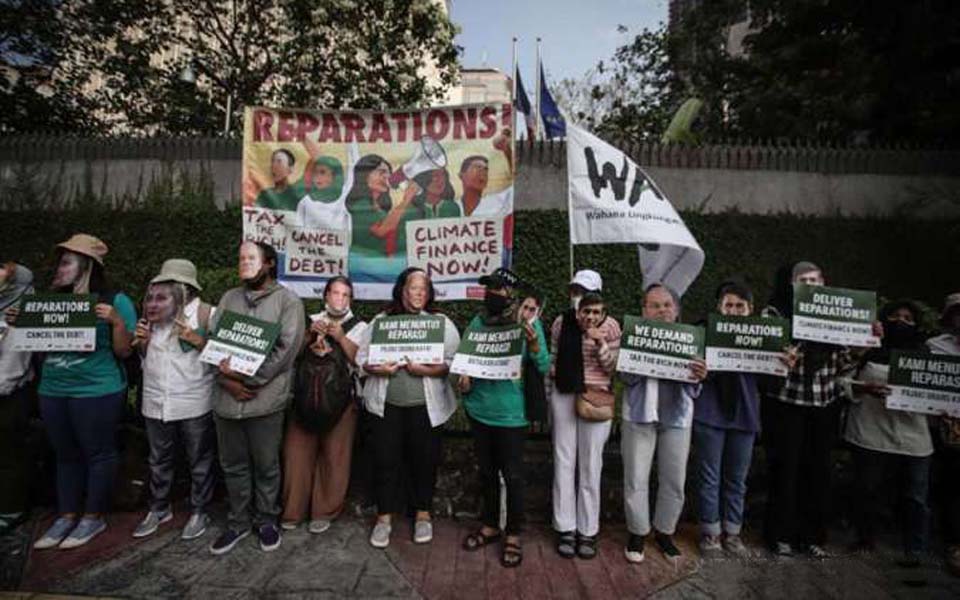Jakarta – The Jakarta Legal Aid Foundation (LBH) says that the presence of 21 coal fired power stations (PLTU) in nearby Banten province is contributing to the poor air quality in Jakarta.
This was revealed by LBH Jakarta public defender Jeany Sirait in response to Jakarta's air quality, which over the last few days has been rated as the worst in the world.
"There is 21 PLTUs in the Banten area which are a factor in the air pollution in Jakarta" said Sirait in a press release on Tuesday June 21.
Sirait is of the view that the government must formulate policies to strictly control the environment, one of which is not adding more PLTUs, especially in the Greater Jakarta area.
"It's odd, the government is still pushing through plans to add nine or ten more PLTUs [in Banten]", she said.
Under the State Electricity Company Energy's (PLN) Procurement Business Plan (RUPTL), around 39 new PLTU will be built with a capacity of around 13.8 gigawatts or an increase of 43 percent.
And it is not just pollution, the additional PLTUs are also predicted to produce 83 million tons of carbon emissions annually between 2021 and 2030 which will impact on global warming.
It is because of this that the LBH hopes that the government will pursue strategic efforts and halt the plan to add more PLTUs.
"Strategic steps can be taken by means of preventing polluting factors through policies", said Sirait. "It can set environmentally friendly limits on permits", she said.
Jakarta Deputy Governor Ahmad Riza Patria meanwhile says that dealing with the air quality problem in Jakarta cannot just be resolved by one party.
"It can't be [dealt with] unilaterally, a reduction in vehicles is needed, emission tests and so forth, then increasing RTH [green space]. The existing factories, smokestacks, all of it is closely tied to one another, it can't be [dealt with] unilaterally or partially", said Patria at the Jakarta city hall.
Although Patria concedes that air pollution is homework that needs to be done by the Jakarta provincial government, he emphasised that the Blue Sky program initiated by his government needs time to be realised. "The Blue Sky program is indeed not easy, it needs time", he said.
Nevertheless, according to Patria, in concert with this the Jakarta government is making efforts to deal with the problem, including the program to add open green space or RTH.
In addition to this, the government is also trying to reduce pollution by procuring electric busses for the Transjakarta bus fleet.
"There are various follow up [program] beginning with procuring equipment, providing SDM [human resources], various programs to add RTH which we're conducting", said Patria.
"You can go through and see how the budget is spent, how much percent for transportation and floods, how much percent for the Blue Sky program, so indeed it can't be resolved quickly, all of it needs time because we have limits", he added.
As has been reported, on Tuesday June 21 the air quality in Jakarta again become one of the worst in the world. Based on air quality index data from the IQAir website, this morning Jakarta was in second position as the city with the worst air quality.
Based on IQAir data for 8.33 am this morning, the air quality index stood at 192 or unhealthy.
Meteorology, Climatology and Geophysics Agency (BMKG) climatology division acting head Urip Haryoko said that since June 15, the concentration of PM2.5 (fine particulate matter) has see an increase, reaching a peak level of 148 ug/m3.
"Accordingly, the [poor] air quality in Jakarta and surrounding areas is caused by a combination of emission sources from air pollution contributors and meteorological factors which combined to cause an accumulation and concentration of PM2.5", said Haryoko in a press released on Tuesday. (yla/dmi/isn)
[Translated by James Balowski. The original title of the article was "21 PLTU di Banten Disebut Turut Pengaruhi Kualitas Udara Jakarta Buruk".]







